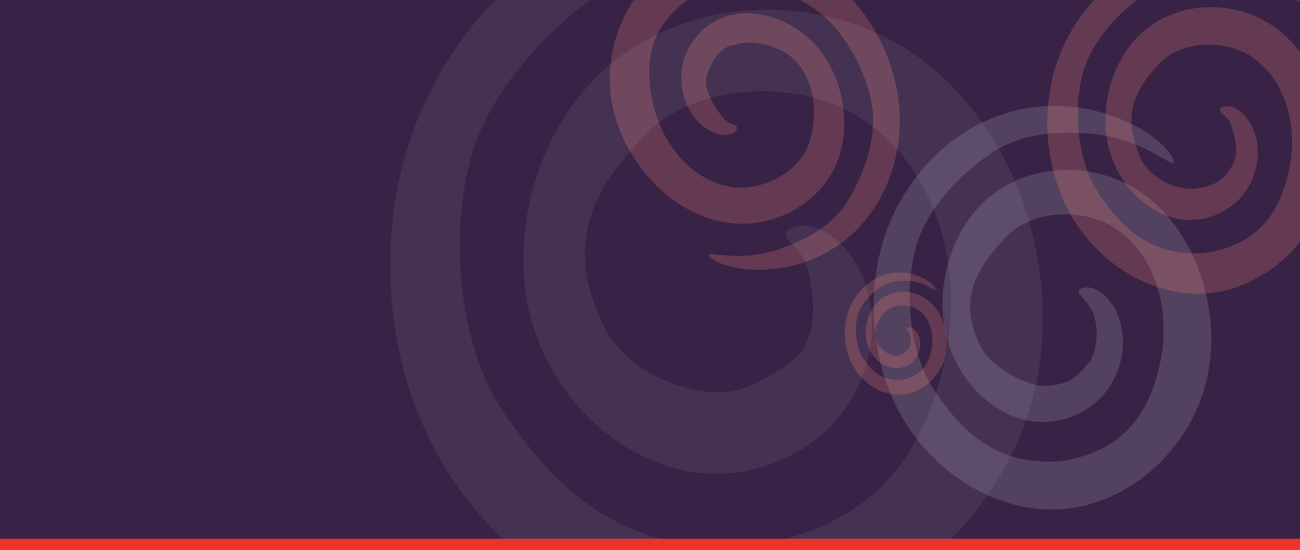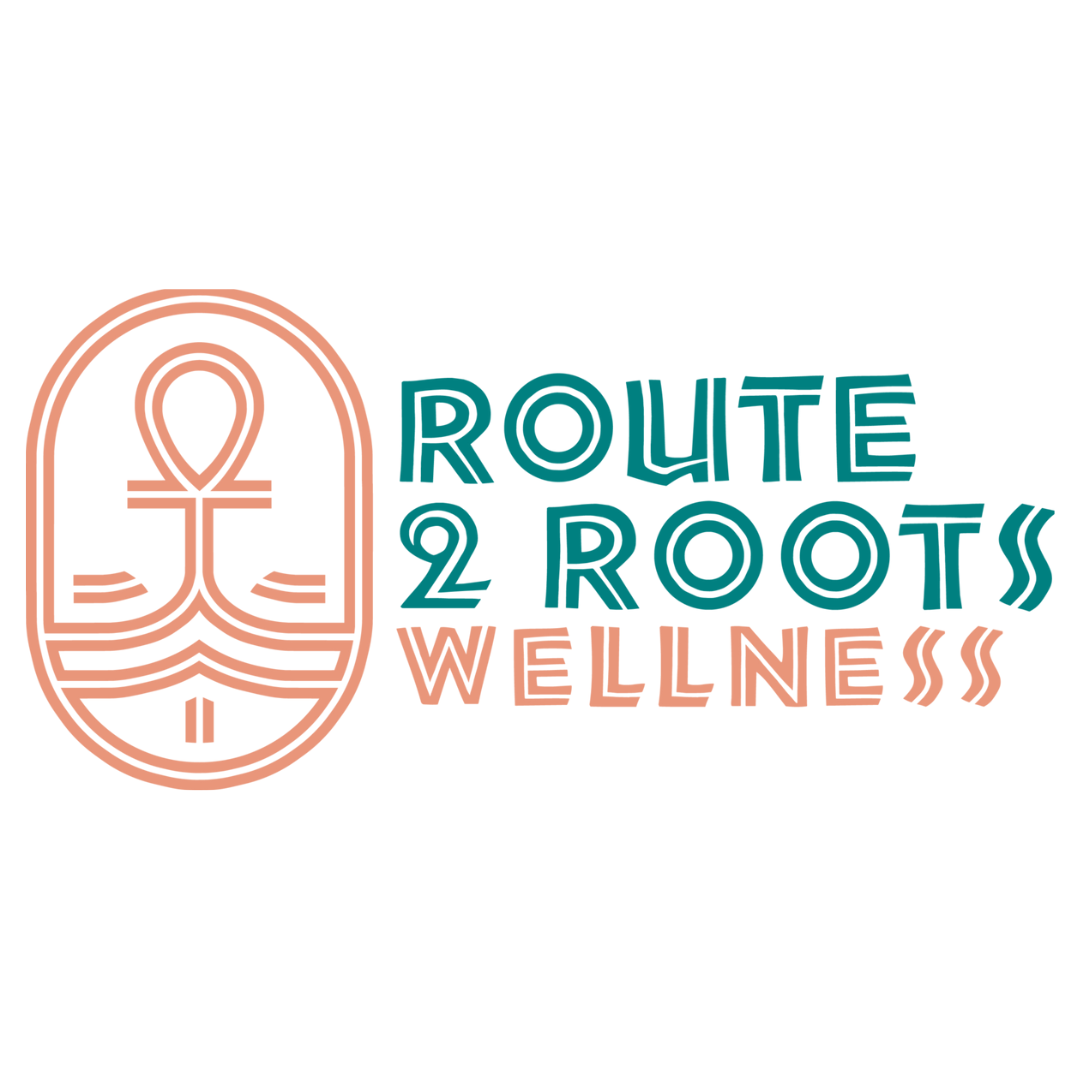Join Sequoria “Coco” Dickerson as she shares stories of little known herbal traditions and rituals practiced by African Americans during slavery in the United States.This workshop is grounded in sharing the stories of enslaved African American herbalists who worked with plants for healing justice, liberation, and ancestral reclamation. Come hear stories of how they used herbal practices to support families as they ran away to freedom, how they offered protection and healing to communities when epidemics broke out, and how they used their knowledge to purchase their freedom and that of others. From revolutionaries to inventors to everyday moms moonlighting as community medicine women, our ancestors were resilient and master herbalists.
Workshop participants will also have the opportunity to view and learn about the CSSJ’s Symbolic Slave Garden designed by Prof. Geri Augusto which draws on this history.
Facilitator bio:
Sequoria “Coco” Dickerson has been to nearly 50 countries studying, working, and praying with her feet. She is the founder of Route 2 Roots Wellness, a radical self-care movement helping people heal from lifestyles of high functioning stress and emotional insobriety through ancestral reclamation and play. She is a certified herbalist, radical self-care coach & retreat facilitator, and former Director of Prophetic Resistance Boston, a faith-based nonprofit that uses the development of leadership skills to empower citizens to organize their communities and find solutions to the problems they face. After 20 years of struggling with depression, Coco was led to southern Gabon to study the plant medicine iboga for it’s profound effects in supporting people with their mental health. A few weeks prior to the start of her training,, she learned the Spirit of the medicine was calling her back home and that her paternal lineage descends from Gabonese Bwiti practitioners who have been working with iboga for thousands of years. She was initiated into the Missoko Bwiti tribe and is now a holder of her ancestral indigenous plant medicine. Her intention is to share the gift of this medicine with all souls who are being called to work with it with an unapologetic focus on creating more access to black and brown folks who are underrepresented in plant medicine spaces.

